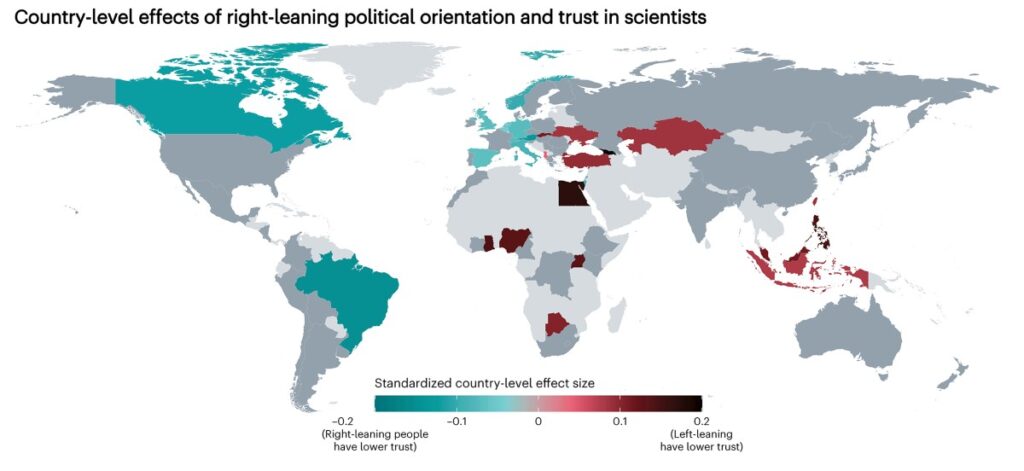The article highlights growing concerns about public trust in science amidst rising populism and anti-science sentiments. Despite these fears, a global study published in Nature Human Behaviour reveals that most people in 68 countries, including 12 African nations, trust scientists. The study, part of the TISP Many Labs project, involved nearly 72,000 respondents and found moderately high trust levels, particularly among women, older individuals, urban residents, and those with higher education and income.
The results indicated that many in African countries prioritize public health and poverty reduction over military technology, although the latter remains a focus for many in Africa. A significant majority across countries (83%) expressed a desire for effective science communication, with varying views on scientists’ direct involvement in policy advocacy. While the study paints a generally positive picture of trust, it emphasizes the fluid nature of this trust and the need for scientists to be more accessible and engaged with the public.
The findings underscore the importance of informed trust in science and the necessity for science leaders and policymakers to invest in public communication efforts. The article calls for ongoing research to monitor and enhance public trust in scientists, especially in underrepresented regions, and stresses the responsibility of scientists to make their work more visible.



